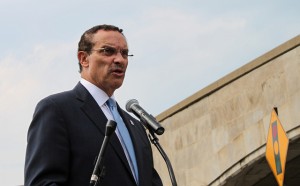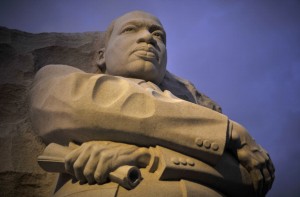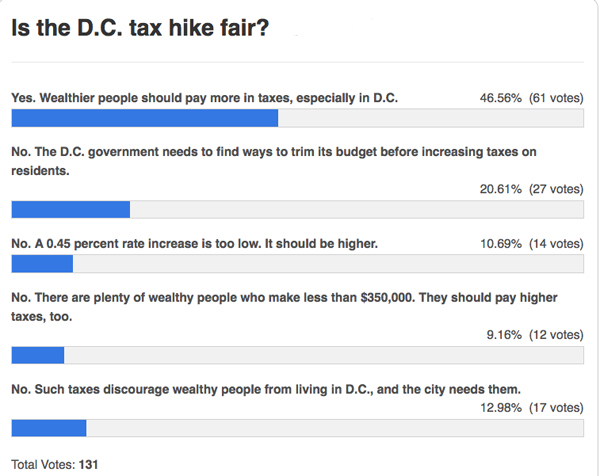
Adikos / Flickr
Starting next summer, the nation’s major cable companies will offer broadband Internet at a discount price to certain low-income families. The service, part of a Federal Communications Commission initiative, will cost $9.95 a month for two years, The Chicago Tribune reports. The rate is available to families with children who qualify for free lunches, meaning households with yearly incomes of $29,055 or less.
Lowering the cost of broadband as a way of reducing the digital divide could be particularly effective in a city like D.C. where most communities have access to the cables required for high-speed Internet. D.C.’s digital divide “absolutely has to do with wealth,” says John Dunbar, who authored a study examining D.C.’s high-speed adoption rates. “If you have a low income, you just don’t subscribe.”
The D.C. region’s digital divide also breaks down along racial lines. Even when adjusted for income, Latinos in the area are less likely to subscribe to high-speed Internet than whites or African Americans. The reason isn’t entirely clear — it may be due to disparities in education or poor marketing to Latinos, Dunbar says.
An even more obvious reason lower-income families aren’t signing up for high-speed internet? Not having a computer. The FCC is trying to tackle the issue by getting companies such as Microsoft to sell computers for $250 or less. But whether such efforts will be enough to reduce the digital divide is yet to be seen.












